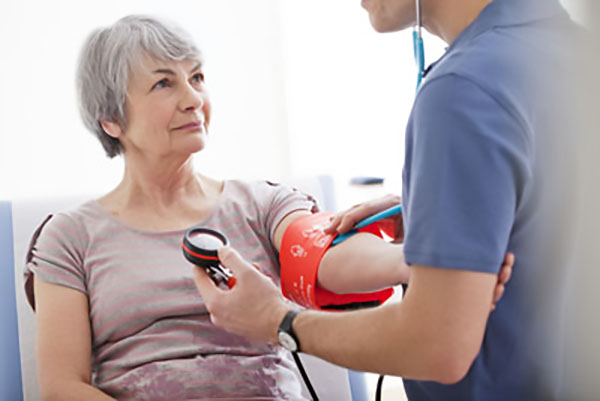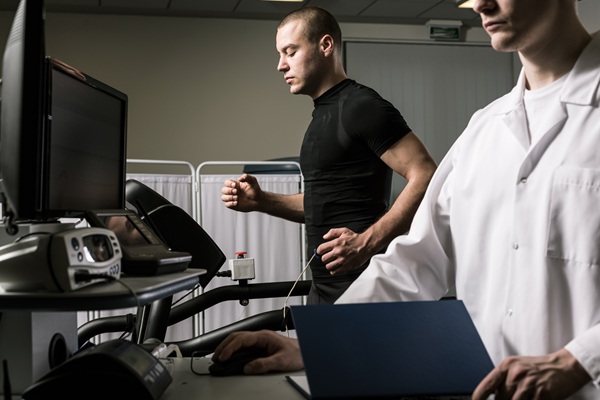Why is a Cholesterol Screening Important?

Cholesterol can accumulate subtly, gradually blocking blood supply to your brain and heart, and that is the primary purpose of cholesterol screening. Cholesterol is a fat-like material that is required for normal body functions. Your body creates cholesterol because of its role in forming cell membranes, certain hormones and bile acids (for digesting fats). However, we supplement cholesterol through foods, especially animal sources such as dairy products, meats and processed foods with trans fats.
Implications of high cholesterol
When the level of cholesterol in the body is too high, it can accumulate in the walls of the arteries. With time, the buildup, also called plaque, can narrow the gap for blood flow. This can occur in any artery inside the body. It can be fatal because the arteries deliver to the brain, heart and other vital organs.
If plaque accumulates in the coronary arteries that supply oxygen-rich blood to the heart, it may cause chest pain, breath shortage and other signs of coronary heart diseases. If there is a clot in the plaque, it may inhibit the flow of blood to the heart muscles, leading to a heart attack. If the clot inhibits blood flow to the brain, it could lead to a stroke.
The higher the cholesterol level, the higher the risk of stroke and heart disease. The fact that heart disease is one of the leading causes of death in the U.S. mean this is a chance you should not take. The first course of action is to start eating heart-healthy meals, increase physical activity and shed weight to reduce cholesterol and lower the risks.
What happens during a cholesterol screening?
The doctor may request tests to determine your cholesterol levels. Since it cannot dissolve in the bloodstream, it cannot circulate itself and therefore needs a carrier. Cholesterol travels through the bloodstream via lipoproteins.
Now, there are three types of lipoproteins. The two that are significant in terms of potential risks of heart disease are low-density lipoprotein (LDL) and high-density lipoproteins (HDL). LDL carries what is called the “bad” cholesterol, and HDL is linked to the “good” cholesterol. High levels of LDL has been associated with higher risk of heart disease, while lower HDL levels mean you have lower chances of having a heart problem.
Medical experts believe that LDL does the transfer of cholesterol to the body tissues while HDL transfers cholesterol away from body tissues. Too much cholesterol in the arteries causes hardening of the arteries, otherwise known as atherosclerosis. High HDL in your blood means that more cholesterol will be transferred away from the walls of the arteries to the liver where it will be excreted in the bile.
Final note
Plaque can reduce the quantity of blood flowing reaching the heart muscle. This is the number one cause of coronary heart disease and develops gradually that you may not even know. The plaque can break down into a blood clot that can cause a heart attack or stroke. Cholesterol screening reveals the presence of plaque so you can take measures to treat them before they cause medical emergencies.
Request an appointment here: https://boyntonbeach.floridapremiercardio.com or call Florida Premier Cardiology at (561) 229-1411 for an appointment in our Boynton Beach office.
Check out what others are saying about our services on Yelp: Read our Yelp reviews.
Recent Posts
According to the Centers for Disease Control and Prevention, heart disease is the leading cause of death for adults in the United States. Therefore seeking chest pain treatment is crucial, especially for those at high risk for heart disease. However, chest pain can result from various health issues, so how does one know when it…
A cardiac stress test is a diagnostic tool to evaluate how well the heart performs under physical stress. Cardiologists use this test to detect underlying cardiovascular conditions, monitor treatment progress, or assess the risk of future heart complications. Cardiac stress tests are essential in the early detection and management of heart disease.A cardiac stress test…
Peripheral arterial disease affects blood flow in the arteries, most commonly in the legs. It develops due to plaque buildup in the arteries that causes them to narrow and restrict circulation, possibly leading to discomfort, difficulty walking, and other serious complications. Recognizing the symptoms early and exploring treatment options can help improve the quality of…
Receiving cardiovascular treatment is a critical step in managing heart health, but recovery and long-term are equally vital to ensure long-term wellness. Whether the treatment involves medication management, interventional procedures, or surgery, maintaining a relationship with the cardiologist and following their recovery guidelines is crucial. A structured follow-up plan allows patients to maintain the benefits…


